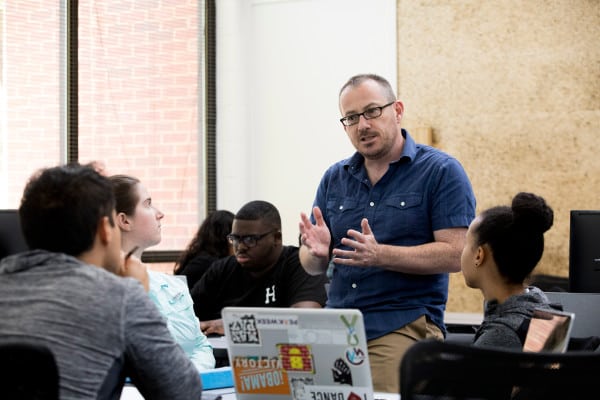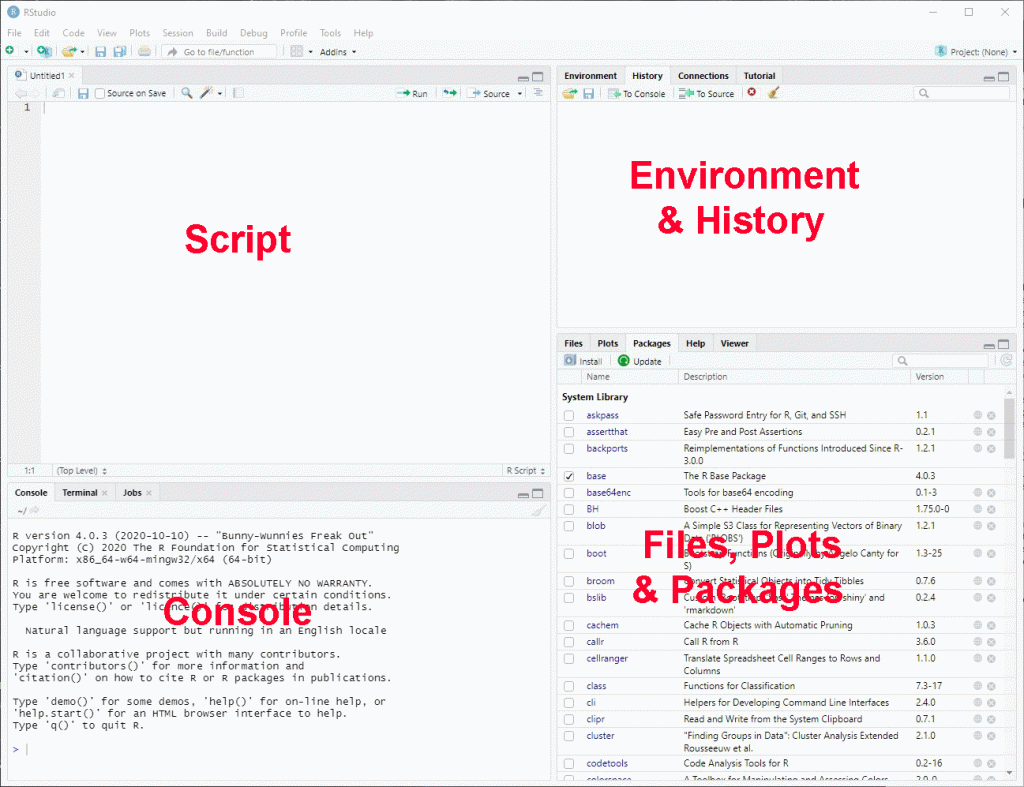Computational Training
One of the core goals of the IDEAS program is to provide students with the computational skills they need to tackle a range of infectious disease problems. As such, IDEAS students participate in a number of workshops to build their computational skills. We recently converted our beginner workshops into self-guided modules that allow students the flexibility to begin developing their skills at their own pace. Our self-guided workshops are freely available to the public.
R Bootcamp
This self-guided data clinic introduces graduate students to the use of R programming language and its important applications in disease ecology research. It will also provide basic tools to perform data exploration and analyses using R. No previous experience with R or similar statistical software is required (we’ll start with the basics!), and at the end of the clinic participants will have the necessary tools to explore and use additional R learning tools (online courses, books, blogs).
In this clinic you will develop a variety of useful skills for data manipulation and analysis in R:
- Write functions
- Clean and manage data
- Calculate summary statistics
- Conduct statistical analyses
- Plot results
Introduction to Scientific Programming

This module introduces the principles and practice of scientific computing with special emphasis on analysis of infectious disease data. Programming will be done in R, and students will work at their own pace in a self-taught style that includes introductory videos, detailed instructions and automatically generated hints and solutions. If you are new to R, please start with the optional background reading.
This workshop is composed of 4 submodules: data visualization, programming, data wrangling, and data modeling (optional background reading: Hadley Wickham and Garret Grolemund. R for Data Science. 2017. O’Reilley. Online. http://r4ds.had.co.nz/):
- (i) data visualization
- (ii) programming
- (iii) data wrangling
- (iv) data modeling
- (v) completion certification for IDEAS students

